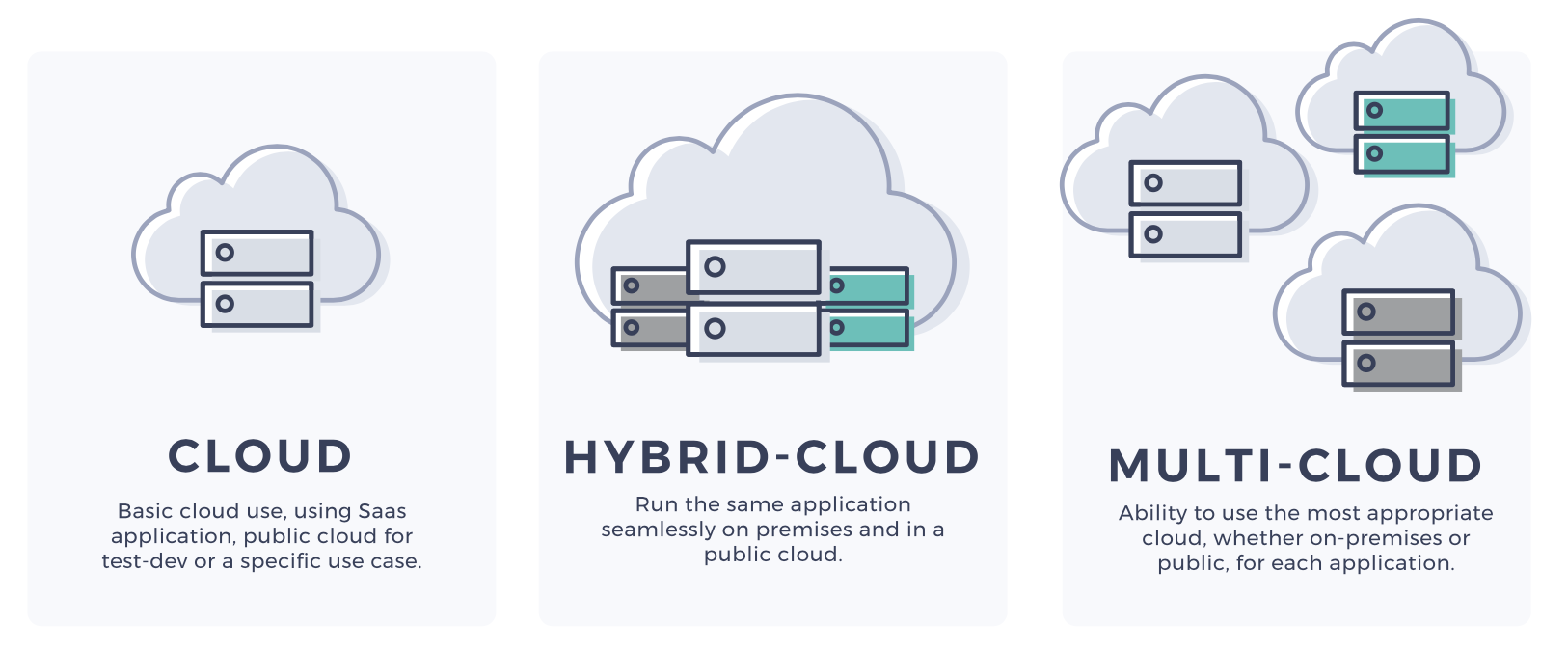How to Become a DevOps In 2024?
In the ever-evolving landscape of software development and IT operations, DevOps continues to be a game-changer. This roadmap will guide you through the essential skills, tools, and practices you must master to become a successful DevOps professional in 2024.
1. The Foundation: Understanding DevOps Philosophy
At its heart, DevOps is about breaking down silos between development and operations teams, fostering collaboration, and automating processes to deliver high-quality software faster.
Key concepts to understand:
- Continuous Integration (CI) and Continuous Delivery (CD)
- Infrastructure as Code (IaC)
- Microservices architecture
- Agile methodologies
2. Essential Programming and Scripting Skills
As a DevOps engineer, you must be comfortable with coding and scripting. You can learn these languages/scripting to start with:
- Python: Versatile and widely used in automation and scripting
- Bash: Essential for Linux/Unix system administration
- Go: Gaining popularity in cloud-native applications
- JavaScript: Useful for web applications and Node.js
3. Version Control and Collaboration
Git remains the de facto standard for version control. Make sure you’re proficient in:
- Git workflows
- GitHub, GitLab, or Bitbucket for collaborative development
- Code review practices.
Note: Making a GitHub Account and practising Git CLI Commands locally to manage your repositories will help you get started quickly with a version control system.
4. Containerization and Orchestration
Containers have revolutionized application deployment, and Kubernetes has emerged as the dominant orchestration platform.

Initially you can focus on using:
- Docker for containerization
- Kubernetes for container orchestration
- Helm for Kubernetes package management
- Jenkins for CI/CD
- Git/Github for Version Control
5. Cloud Platforms
Cloud computing is the backbone of modern DevOps practices. Do hands-on practice with at least one of these major cloud providers:
- Amazon Web Services (AWS): with the Biggest Cloud Market Share.
- Microsoft Azure: Best of both worlds.
- Google Cloud Platform (GCP): Simplest UI and Easiest to start with.

6. Continuous Integration and Continuous Delivery (CI/CD)
Automate your software delivery pipeline with CI/CD tools:
- Jenkins: The classic choice, still widely used
- GitLab CI: Integrated with GitLab’s version control
- GitHub Actions: Growing in popularity for GitHub users
- ArgoCD: For Kubernetes-native continuous delivery
7. Infrastructure as Code (IaC)
IaC is crucial for managing and provisioning infrastructure efficiently. Key tools to master:
- Terraform for multi-cloud provisioning.
- AWS CloudFormation or Azure Resource Manager for managed cloud-specific IaC
- Ansible for configuration management
8. Monitoring and Observability
Ensuring the health and performance of your systems is critical. Focus on:
- Prometheus for metrics collection
- Grafana for visualization
- ELK stack (Elasticsearch, Logstash, Kibana) for log management
- Jaeger or Zipkin for distributed tracing
Note: Prometheus & Grafana are recommended as they are easier for beginners to learn.
9. Security and Compliance
DevSecOps is no longer optional. Integrate security into your DevOps practices:
- Learn more about securing your Kubernetes Clusters
- Learn about OWASP’s Top 10 security risks
- Implement security scanning in your CI/CD pipeline
10. Soft Skills and Collaboration
Technical skills alone aren’t enough. Develop these crucial soft skills:
- Communication: Bridging the gap between development and operations
- Problem-solving: Troubleshooting complex systems
- Continuous learning: Keeping up with rapid technological changes
Certifications to Consider
- AWS Certified DevOps Engineer – Professional
- Google Professional Cloud DevOps Engineer
- Linux Foundation: Certified Kubernetes Administrator (CKA)
- Hashicorp: Terraform Certified Associate

Relevant Documentation and Learning Resources
- Official documentation for tools like Kubernetes, Docker, and Terraform
- The DevOps Handbook by Gene Kim, et al.
- Kubernetes in Action by Marko Lukša
- Infrastructure as Code by Kief Morris
In Demand DevOps Tools and Technologies for 2024
- GitLab CI
- Vagrant
- Chef
- Jenkins
- Prometheus
- ELK Stack
- Jira
- Terraform
- Kubernetes
- Vault
Finalising Systematic Approach to Becoming a DevOps Engineer
- Start with the basics: Learn Linux fundamentals and get comfortable with the command line.
- Pick a programming language (Python is a great start) and learn the basics of scripting.
- Dive into version control with Git and create a GitHub account to showcase your projects.
- Learn the basics of cloud computing, starting with a single provider (AWS is a popular choice).
- Explore containerization with Docker and container orchestration with Kubernetes.
- Implement CI/CD pipelines using tools like Jenkins or GitLab CI.
- Dive deeper into Infrastructure as Code with Terraform and configuration management with Ansible.
- Learn about monitoring and observability tools like Prometheus and Grafana.
- Explore DevSecOps practices and integrate security into your workflow.
- Stay updated with the latest trends and continuously improve your skills.
In 2024, the DevOps landscape is more exciting than ever. With the rise of cloud-native technologies, AI-driven operations, and the increasing focus on security and compliance, there’s never been a better time to embark on your DevOps journey. By following this roadmap and staying curious and adaptable, you’ll be well on your way to becoming a sought-after DevOps professional in the dynamic world of modern software development and operations.

Remember, the path to DevOps mastery is not linear. It’s a continuous cycle of learning, implementing, and improving. Embrace the challenges, celebrate the wins, and always keep the core principles of DevOps in mind: collaboration, automation, and continuous improvement.




Matías Keer
November 27, 2024 at 7:01 pmGreat article! I appreciate how clearly you’ve laid out the roadmap to become a DevOps engineer. The breakdown of skills like scripting and containerization is really helpful. I’m curious about your thoughts on the balance between learning traditional programming languages like Python and newer trends like Go. Should one focus more on established languages or try to get ahead by learning emerging ones?
Also, while you cover crucial aspects of DevOps, folks interested in JavaScript might find value in checking out resources on sebbie.pl/tag/javascript/. They offer some insightful articles on using JS in a development environment which complements the DevOps skills.
Thanks again for a comprehensive guide! Looking forward to more insights.
TestUser
March 29, 2025 at 7:57 pmIwTHjAk sxrZMUlg ahyyNRCR KPXToQ